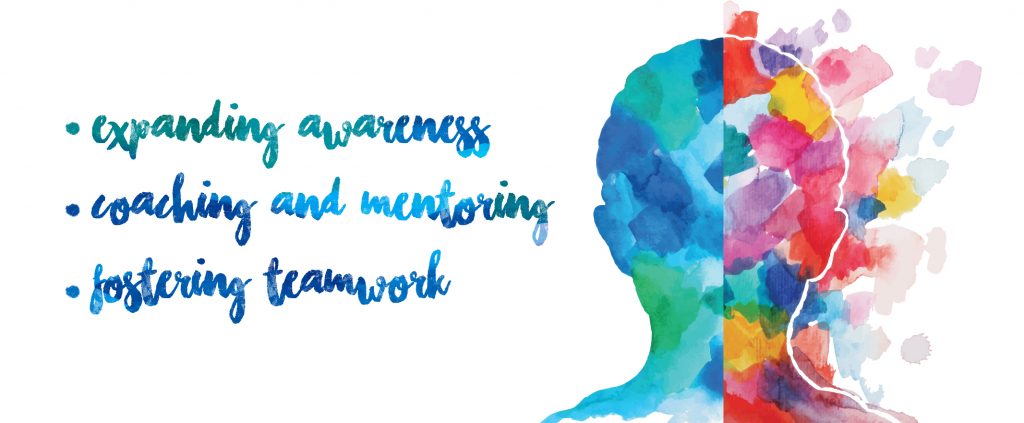What is emotional intelligence and why has it become such an important topic for companies?
Essentially, EI is an individual’s innate ability to recognize and manage their emotions and to also understand how their actions influence others. Companies looking to build workplaces defined by mutual respect put a premium on finding employees with high quotients.
Why? Emotional intelligence is good for business, because people are important to business. The Carnegie Institute of Technology found that 85% of a company’s financial success is predicated on human skills, while Statistics from Harvard and Stanford show that 85–87% of an individual’s success comes from their personal skills. The reality is that customers would rather do business with people they like and trust even when someone else is offering a better product at a lower price.
With so much riding on the personal traits of its employees, the question businesses should be examining is this: can emotional intelligence be learned and if so, by what means?
While some of us do have a naturally higher emotional capacity, others can improve through example. People can learn how to adopt elements of EI by witnessing the impact it’s having on others. One of the most effective ways to do just that is through social recognition.
There are several key components of emotional intelligence including self-motivation (being committed to goals), empathy (being supportive of others) and social skills (having a positive influence on those around you).
Those elements are seen in behaviors that EI-rich employees put to use every day. These workers consistently exhibit a positive outlook; they have high organizational awareness (meaning they see how their dealings with some people affects others across the company), they use their influence to become better coaches and mentors (without needing to be in charge) and they seem to always foster teamwork across individuals (even when workgroups are made up of unfamiliar players).
High emotional intelligence is a valuable characteristic. But it doesn’t need to be a unique commodity within your company. The good news is that while some people have a natural penchant toward it, others can learn it by example. Here are 3 ways how:
Expanding awareness.
Through the ongoing happenings that occur within social recognition, employees become more aware of how others are impacting the collective effort of the company. Social recognition is not exclusively a top-down driven activity. All employees can participate. But employees with higher levels of EI instinctually do so at greater levels. By consistently citing the efforts of others, emotionally intelligent-rich employees are helping to spread the importance of motivating others. They are expanding the awareness throughout the organization that good work should be recognized.
Coaching & mentoring.
Long thought to be the exclusive purview of senior players, today’s coaches and mentors aren’t necessarily the oldest or the most experienced. With technology rapidly evolving and with multiple generations bringing different skill sets to the table, coaches can simply be any individual who is good at one thing and doesn’t mind sharing their advice and encouragement with others. EI-rich employees do this naturally. Recognize them and more employees will see the value in lending their expertise as well.
Fostering teamwork.
Companies today are less hierarchal. They operate across ad-hoc teams as much as they do across pre-defined departmental structures. Maximizing the impact (and productivity) of disparate units is a talent that emotionally intelligent people are more likely to put to use. They not only encourage new employees working in a group to contribute, they dignify their contributions along the way. As others do the same, more and more teams begin to function at full capacity.



